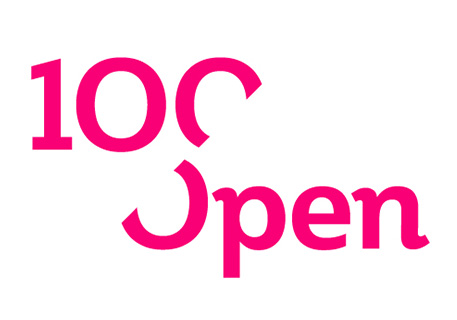Achieving win-win collaboration
« Browse all tipsWhat is the best project you ever worked on? The chances are it was some kind of collaboration. Why? Because working with others is not only fun, it allows us to do and learn more, to be more creative and to achieve more.
Similarly, what is the worst project you’ve every worked on? The chances are it was also a collaboration. It’s really frustrating when a collaborative project doesn’t work.
Here are five key collaborative behaviors on making any collaboration a decisive win-win:
1. Leave room for each other
Listen to your partner’s ideas, and always aim to build on each others contributions constructively. Be proactive and reciprocate and try to keep things balanced between you.
2. React well to changes
No matter how well you plan, your partner will always do something you don’t expect. When that happens it’s important to first acknowledge and express how you feel – whether it’s delight or frustration – and then adapt and respond to that change as best you can.
3. Play the long game
In many cases, collaboration begins when you decide it’s more beneficial to work with others. However successful collaboration requires investment of time and resources, and is about creating long-term shared value at the expense of short-term individual interests.
4. Build trust through generosity
Find opportunities to make your partner look and feel good – and you will too. Bear in mind that what you value (time, money, resources, skills) almost certainly differs from what your partner values, so make an effort to understand each others priorities.
5. Review and regroup as you go
Build a habit of asking your partners “Are we working well as a team?” and exploring and communicating what you both could be doing better. This can be very helpful in uncovering and dealing with any potentially tricky issues before they become blockers.
Why do you need to foster collaboration?
Creating time and space for collaboration is essential, especially if it’s the first time you’ve worked together. As with any relationship, you need to spend time getting to know each other.
It’s also important to get to grips with each other’s motivations and identify some shared incentives. It’s always easier if you’re speaking the same language, so build a common jargon-free vocabulary from the outset.
Be aware that not every project lends itself to collaboration. It can be particularly effective in complex tasks where there is reasonable uncertainty about how to achieve the outcome, but more routine or mechanical activities are often better done alone.
What are the challenges of collaboration to look out for?
Collaboration is a U-shaped process. It’s fun at the beginning when you’re getting to know each other and having new ideas, and fun at the end when you’re enjoying the fruits of your labour. But it can be less enjoyable in the middle if you and your partner find yourselves pulling in different directions or there’s some ambiguity about what you’re each meant to be doing.
To get through the ‘U’ it’s important to ensure you have both a clear process that everyone has bought into and the momentum to push things forward. I’d thoroughly recommend appointing an external facilitator to keep things moving and act as the independent voice of reason when things get sticky – a worthwhile investment, for sure.
You may find that one or two people dominate conversation, especially in a larger group. Try creating smaller sub-groups to give everyone a chance to speak, and think about putting some tools and techniques in place to make sure every voice is heard such as inviting everybody to write their responses to a question first and then taking it in turns to read out their responses. Some people just need to be reassured that their opinion is as valuable as everyone else’s! For some ideas on how to get everyone taking part, click here.
Connect on your similarities and benefit from your differences.
Every team is different so we’ve identified six types of collaborator, every one of which has an important role to play in the process. To find out which one you are - Explorer, Connector, Producer, Activator, Cultivator or Influencer – click here. You may be surprised!
There is an old African proverb that says “If you want to go fast, go alone, but if you want to go far go together”. This sums up collaboration for me – it’s not always the quickest method, and it requires a certain (often equal) amount of effort for both sides, but done well it really can create an all-round win-win situation.
Roland Harwood is Co-Founder of 100%Open, a collaborative agency that helps large organisations such as LEGO, UBS, Unilever and Oxfam to create value by innovating with others.
New to MOO?
MOO makes life a little less virtual. We help our customers print things like business cards, postcards, flyers and stickers, making it easy for them to share information about themselves or their business in the real world.
Print is simple and wonderful. We love it.
View Our Products




